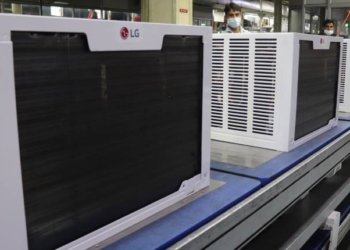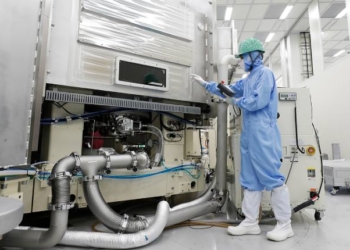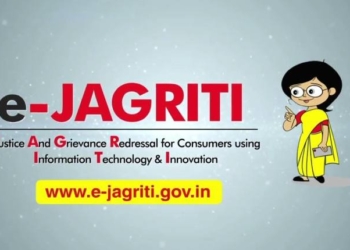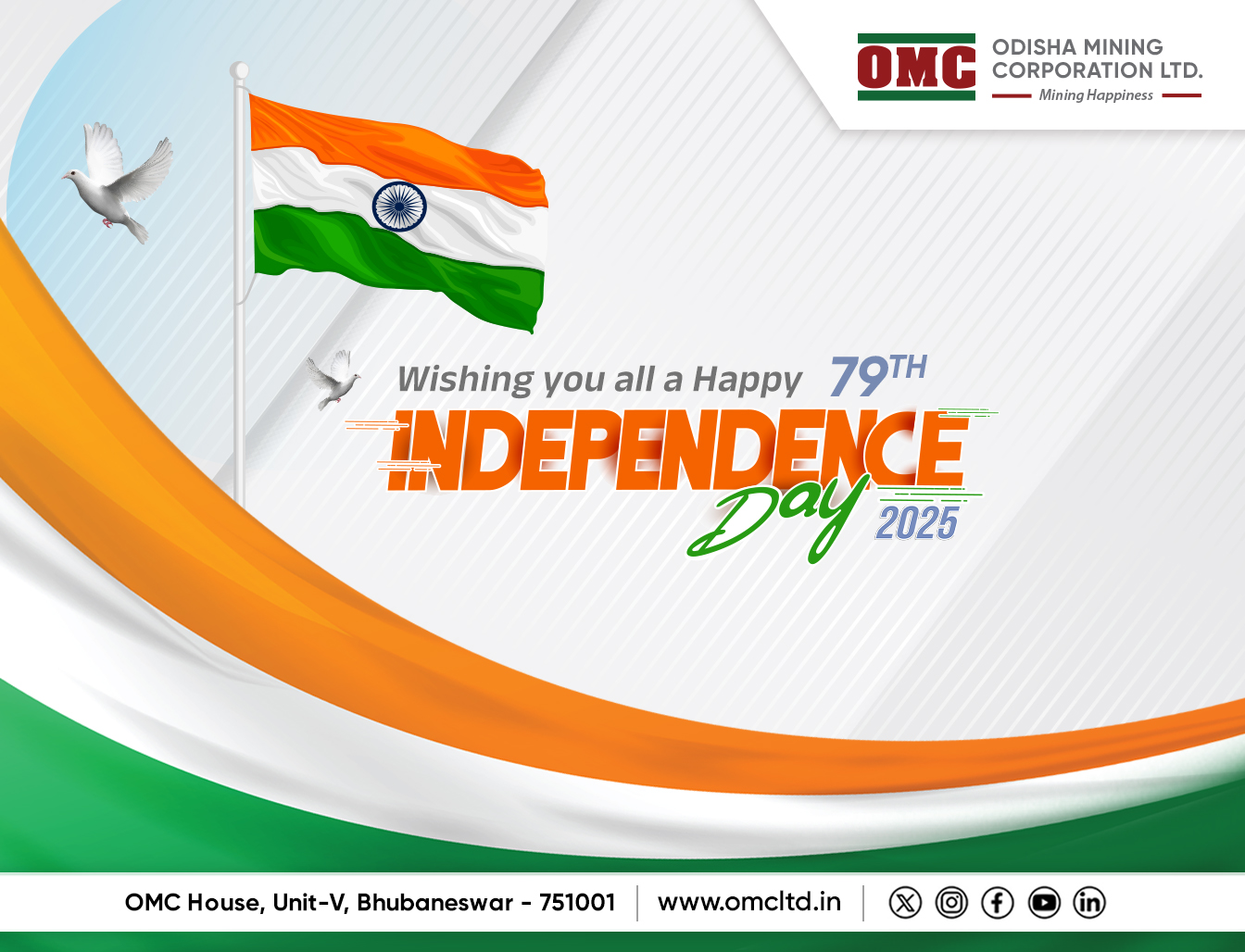Chennai: The textile industry of Tamil Nadu has sought export incentives and additional credit support in the budget for 2023-24 of the Union government to be presented in Parliament on February 1.
The Tiruppur textile industry which is the pioneer for exporting of textiles from Tamil Nadu and for that matter from South India has sought for credit support to the micro, medium and small scale units (MSME). The industry has sought credit support under the Emergency Credit Line Guarantee Scheme (ECLGS).
The exporters said that the economic slowdown and the uncertainty in the European market following the Ukraine war have led to a predicament for the industry which has been controlling the European market in the knitwear section.
K.M. Subramanian, President of Tiruppur Exporter’s Association (TEA) in a statement said, “A 5 per cent interest subsidy on export credit is required for MSME and non-MSME manufacturers. It is to be noted that the buyers are delaying payment globally citing several issues.”
The Textile exporters also said that Summer Good orders, a major order from European countries have fallen drastically for Tiruppur textile industry. Exporters and knitting company owners said that there is a decline of 30-40 per cent of the orders from the European market itself and this has affected the survival of the industry.
The exporters also demand that the quantum of rebate under RoSCTL (Scheme for Rebate of State and Central Taxes and Levies on Export of Garments and Made- ups) which is provided as duty credit scrips, must be increased.
The Tiruppur knitwear industry also want a removal of import duty on raw cotton and imposition of anti- Dumping duty on imports of Viscose Staple Yarn(VSY).
The Kancheepuram Silk Sari prices have also gone up due to the increase in import duty of silver and gold used in zari or jarigai. This has also led to the reduction in sales of Kancheepuram Sari’s which are a brand in itself.
It is to be noted that Tamil Nadu accounts for 19 per cent of the textile output of the country and also 40 per cent of the spinning mills in the country. Its first in apparel production in the country and second in textile production.
(IANS)















